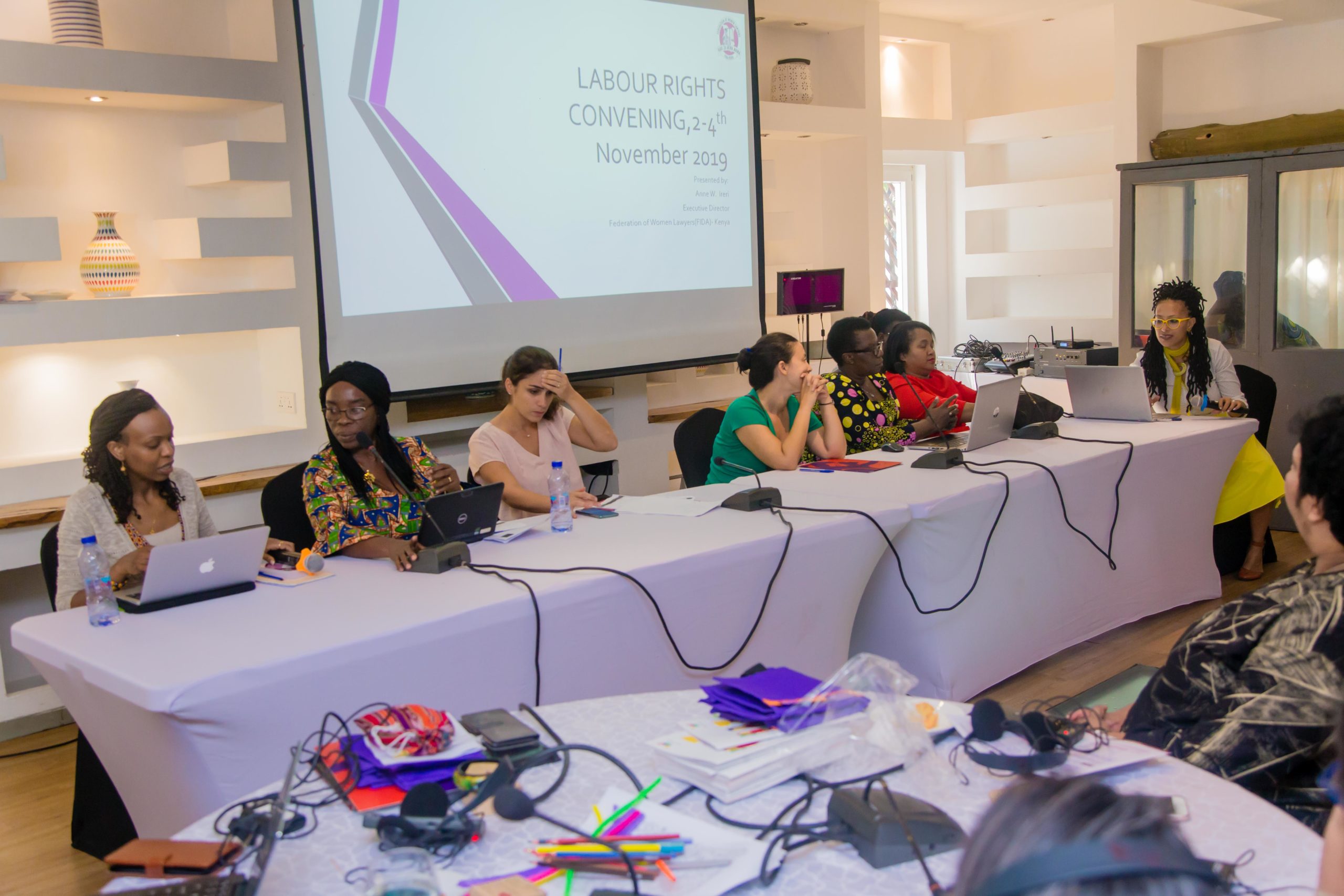
For women in the formal labour force, there is the reality of the glass ceiling and the discriminatory requirements for moving past a certain point on the career ladder which is exacerbated by a lack of access to a broad range of job opportunities. In addition, there is the normalisation of sexual harassment in the workplace due to patriarchal work cultures. Finally, there is greater precarity with contracts when it comes to women (including those tied to immigration e.g. Kafala in Lebanon; and the use of short term contracting to evade worker protections as employees are then not eligible for full time worker benefits e.g. Kenya tea farmers).
Organisations fighting for women’s labour rights face the perpetual challenge of accessing adequate funding which is needed to build and sustain advocacy, community level groups and the national and transnational momentum for change. The presence of supportive, flexible and multi-year funding in particular makes a tremendous difference in the ability to maintain labour right activism.
In November 2019, AWDF held a convening in Accra with six grantee organisations of Leading from the South, to discuss the different aspects of women’s labour rights advocacy in Africa and the Middle East and also to explore commonalities in strategies and approaches, challenges and areas for growth.
To read the Report from the Convening, click here: Labour Rights Convening Report
